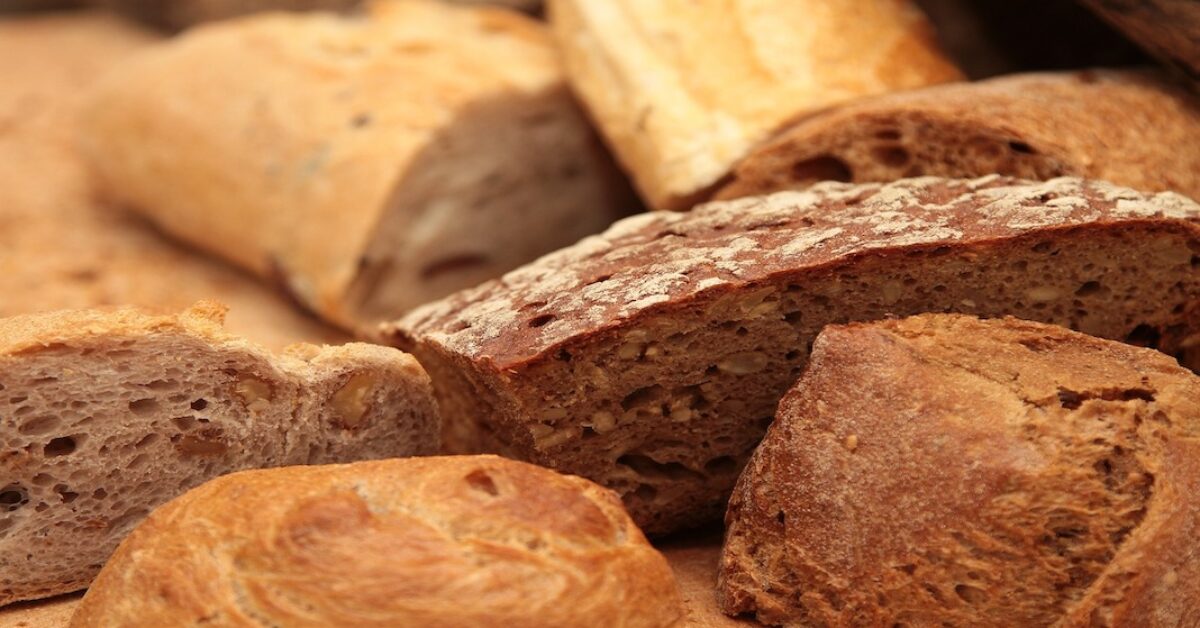Long having been a national emblem of the country, the French bread could be getting a little… crusty.
According to the National Association of French Millers (ANMF), bread consumption is on the decline, with French people eating 120 grams of bread per day in 2015. To put this figure into perspective, the French still averaged about 600 grams, or two loaves, of bread every day at the start of the 20th century. The average French person today doesn’t even going through half a loaf of bread a day. And women are eating on average 60 to 70 grams fewer grams of bread per day than men.
Lifestyle changes are largely to blame. The rise in popularity of gluten-free and low-carb diets and increasing health consciousness have ousted the baguette. The French are also dedicating less and less time for breakfast, which normally consists of a tartine — a tranche of baguette smeared with butter and jam. School kids are scrapping the chocolate bar-stuffed baguette and viennoiseries in favor of packaged cookies. Claude Fischer, a sociologist working for the French baker’s lobby, l‘Observatoire du pain, boils the decline down to the arrival of foreign substitutes like tacos and wraps, and concerns over weight and how healthy bread is.
At the same time, the average cost of baguettes in France is steadily rising, up nearly 25% in the last 10 years, to around 88 cents (in euros) today. This price hike could be in part due to the pressures on local millers to keep up with competition from German flour imports, which have doubled in the past few years.
Despite what the numbers may say, the baguette — and French bread in general — is not losing its place in people’s hearts. After all, bread in France is an art form. Throughout France, artisanal bakers are flipping through history books and delving into family recipes to bring back the baguette à l’ancienne (made using ancient or ancestral methods), and some young urbanites are ditching their white-collar jobs for the calmer countryside to crush their own wheat and sell their bread in local farmers’ markets.
In France, bread is a national matter. The country has created a school qualification in bread and pastry-making, the CAP Boulanger. Earlier this year, French president Emmanuel Macron voiced his support for the baguette to be recognized as part of France’s national heritage by the UNESCO. And every May in Paris, at the Fête du Pain, the French bread festival, hundreds of bakers from across the country gather and churn out more than 3000 traditional baguettes, just to make a point: the best bread has a name, and it’s French traditional bread.
The decline of the French’s daily bread consumption has troubled bakers before, way back in 1993. Supermarket chains and some bakeries were pushing aside the time-consuming artisanal methods for mass-produced bread. The government’s solution was to lay down the Décret pain, strict, legally binding definitions on the baguette and bakeries. Under the decree, the baguette tradition must made on site, and with only four ingredients: wheat, flour, yeast, and salt. Unlike the baguette ordinaire, the traditional baguettes contains no additives nor preservatives and are never frozen, and therefore goes stale within a day. Similarly, boulangeries have to bake their bread on the premises. The bread law had a positive effect: bakeries across the country started making traditional baguettes, and people prefer the taste of the baguette tradition, the way the government intended.
The French who have voluntarily given up bread prove that it can’t be easily eliminated: it is not uncommon for someone on a no-bread diet to “rebound,” sneaking in a big chunk of baguette here and there. In one survey conducted by l’Observatoire du pain, more than a third of French people who were on a bread-free diet said they missed the taste of bread.
Although the French are consuming less bread than ever, whether for lifestyle or dietary reasons, or concerns over rising prices, French bread won’t be disappearing from France anytime soon. Bread is an integral part of the French identity. Journalists often ask politicians and presidential candidates to cite the price of a pain au chocolat on stage to test how in touch they are with the ordinary people. And let’s not forget that bread prices were one of the key drivers of the riots that led up to the French Revolution. If bread were really in crisis, there would be tabliers blancs (white aprons) in the streets with the gilets jaunes.






